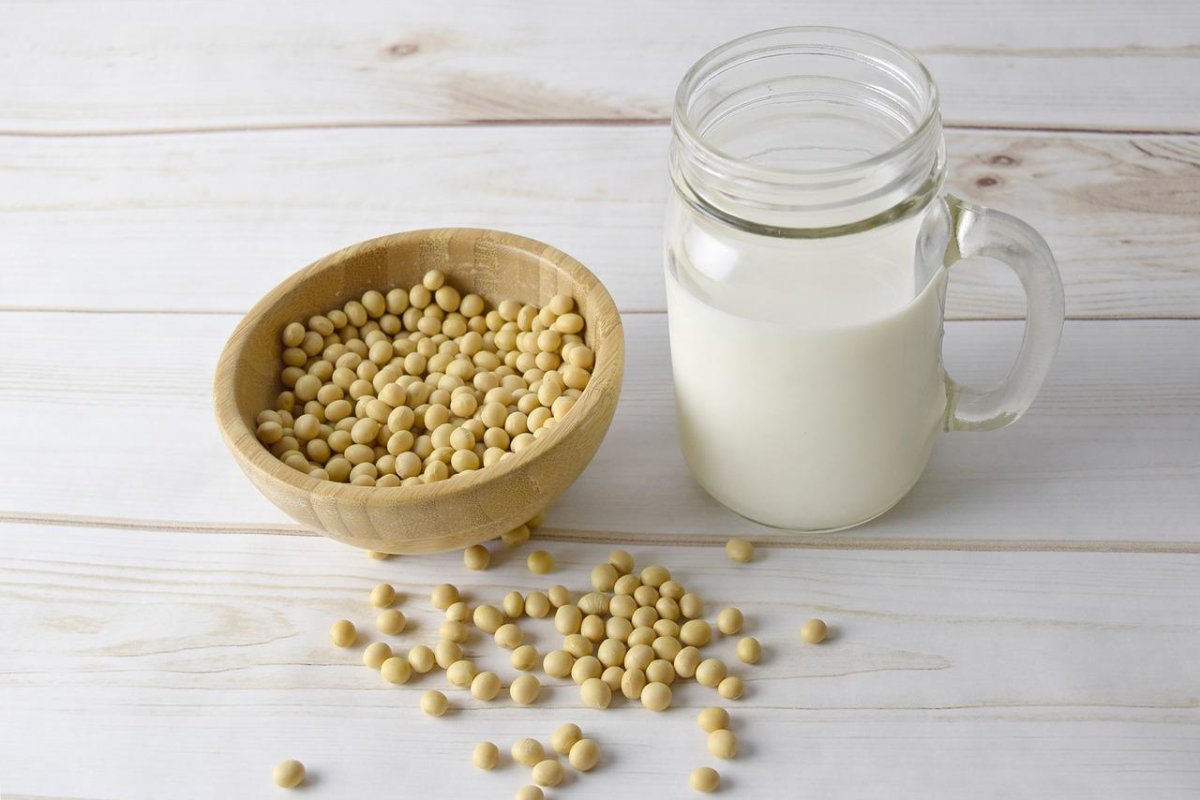
Gastroenterologist Yana Prudnikova spoke about why the choice of vegetable “milk” should be approached carefully and especially carefully.
In the wake of a healthy lifestyle and proper nutrition, many today have begun to abandon ordinary cow's milk in favor of plant-based analogues. Of course, these products can be called milk with a stretch. What should you pay special attention to?
“Often, extra components are added to vegetable milk to improve the taste and smell: rapeseed, phosphates, gum. Because of this, there is a risk of getting unwanted side effects, ”the expert says.
Plant milk, which contains gum, can cause constipation. In addition, if you use such milk for cooking other dishes, as a result, we get an excess of fast carbohydrates in KBJU.
Rapeseed oil, which is also often found on the list of ingredients, consists of erucic acid and glucosinolates. These components, accumulating in the body, cause heart rhythm failures, allergic reactions, headaches, and liver diseases. Children under 3 years of age should not be given such milk at all.
Try to buy vegetable milk, on the packaging of which GOST standard STB 1486 is indicated. In such a product, the concentration of potentially hazardous substances is minimal.
One of the most popular vegetable analogues of milk is coconut milk. When choosing it, be careful, it is often characterized by excessive fat content.
Almond milk, which many consider the most useful, is oversaturated with omega-6 fatty acids, they can cause inflammation.
The doctor notes that if, in general, your body tolerates cow's milk well, you do not need to refuse it and look for plant analogues.  Yana Prudnikova Health Gastroenterologist, nutritionist
Yana Prudnikova Health Gastroenterologist, nutritionist
